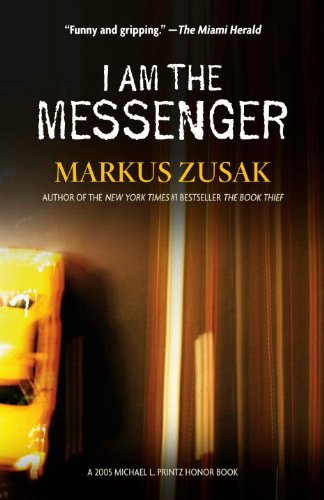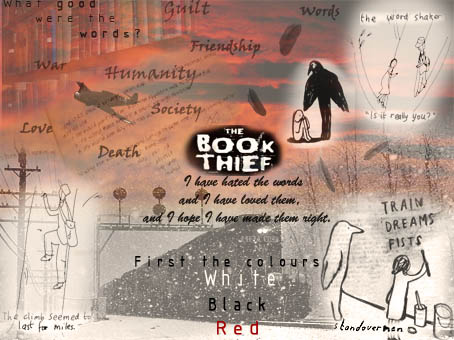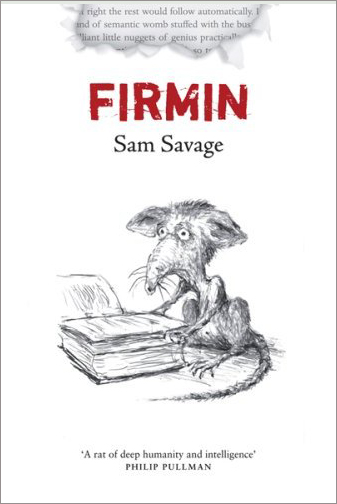 Summary:
Summary:
Deep in the shadowy foothills of the Blue Ridge Mountains lies a dying town.
My name is Amelia Gray. They call me The Graveyard Queen. I've been commissioned to restore an old cemetery in Asher Falls, South Carolina, but I'm coming to think I have another purpose here. Why is there a cemetery at the bottom of Bell Lake? Why am I drawn time and again to a hidden grave I've discovered in the woods?
Something is eating away at the soul of this town — this withering kingdom — and it will only be restored if I can uncover the truth.
My take: 3 looks
I enjoyed the first in this Graveyard Queen series so much that I immediately went to the next one. The Kingdom was not quite as good as the first, but I think it's for the simple reason that the premise was no longer new for me.
The Kingdom's story was engaging, but there is starting to be a touch too much paranormal for me. For example, what exactly did she experience in the crypt at the mausoleum? What really happened to Emelyn's body? Why was Freya really killed? This one left me with a lot of unanswered questions.
Also, the fact that Amelia gets unexpectedly and paranormally sexually drawn to a man in the last two restorations is a bit unbelievable. This one was particular hard to swallow because of the very sensual nature of the attraction. I can only assume that, since she is seeing the same vision here as the last book, book three may wrap it up and explain it more. For Amelia to be so conservative, reserved and steeped in southern tradition, she seems to be a bit of a tart.
Overall, it's a fun read, and a nice diversion. Recommended.
My name is Amelia Gray. They call me The Graveyard Queen. I've been commissioned to restore an old cemetery in Asher Falls, South Carolina, but I'm coming to think I have another purpose here. Why is there a cemetery at the bottom of Bell Lake? Why am I drawn time and again to a hidden grave I've discovered in the woods?
Something is eating away at the soul of this town — this withering kingdom — and it will only be restored if I can uncover the truth.
My take: 3 looks
I enjoyed the first in this Graveyard Queen series so much that I immediately went to the next one. The Kingdom was not quite as good as the first, but I think it's for the simple reason that the premise was no longer new for me.
The Kingdom's story was engaging, but there is starting to be a touch too much paranormal for me. For example, what exactly did she experience in the crypt at the mausoleum? What really happened to Emelyn's body? Why was Freya really killed? This one left me with a lot of unanswered questions.
Also, the fact that Amelia gets unexpectedly and paranormally sexually drawn to a man in the last two restorations is a bit unbelievable. This one was particular hard to swallow because of the very sensual nature of the attraction. I can only assume that, since she is seeing the same vision here as the last book, book three may wrap it up and explain it more. For Amelia to be so conservative, reserved and steeped in southern tradition, she seems to be a bit of a tart.
Overall, it's a fun read, and a nice diversion. Recommended.













